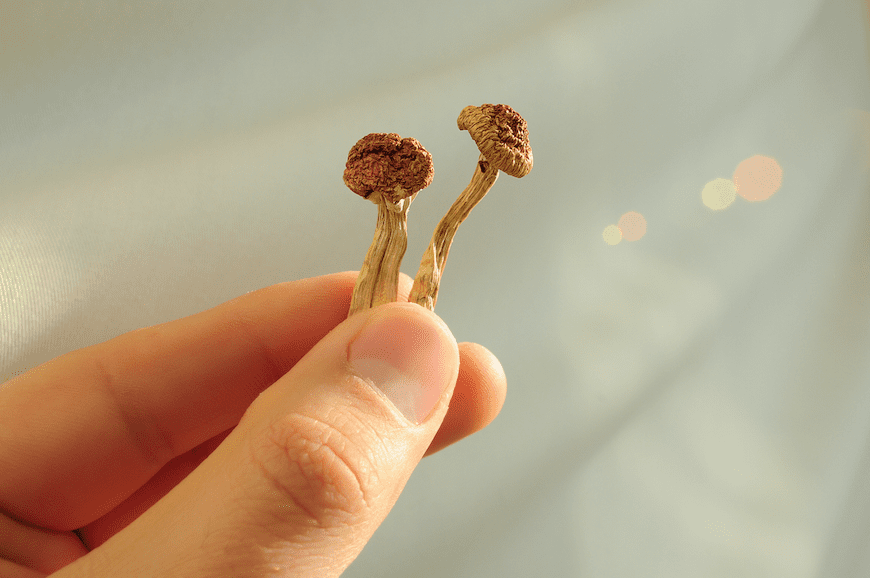Pregnant women who drink water laced with lithium have an increased risk of giving birth to a child with autism, UCLA researchers say. Their study, published in JAMA Pediatrics, is among the first to recognize naturally occurring lithium in tap water as a possible environmental risk factor for the developmental disorder.
Lead author Beta Ritz, MD said the mechanism behind the potential link is quite complex. She explained it this way to Psychiatrist.com:
“Lithium is known from animal models to interfere with what is called the ‘Wnt/β-catenin signaling pathway,’ which is a biologic pathway that is important for neurodevelopment of the fetus. In humans, little is known for lithium and fetal development, but animals are a good model for neurodevelopment of humans and are widely used to model what happens.”
Ties To Autism
Ritz and her team measured the lithium levels in 151 public water systems in Denmark, which provide about half of the country’s water supply. Using a nationwide database of patients with psychiatric disorders, they analyzed medical records of singleton births in the country over a 16-year period to identify 8,842 children with autism and 43,864 controls. To ensure the data gave them a clear picture of lithium’s effect, they screened out other potential confounding factors such as maternal attributes, socioeconomics, and air pollution.
Antenatal and Neonatal Risk Factors in Autism
Gestational Exposure to Benzodiazepines and Z-Hypnotics and the Risk of Autism
Buspirone for Comorbid Anxiety in Autism
“… there wasn’t anything positively correlated with lithium except for iodine,” Ritz said. “But iodine is good for neurodevelopment; that is, higher levels should have been protective and would not explain the harmful associations we saw with lithium.”
The researchers found that as lithium levels increased, the risk of an autism diagnosis also increased. Compared to the lowest recorded levels of lithium (25th percentile), the second and third quartiles of the chemical were associated with an approximately 25 percent elevated risk of autism. Additionally, in the highest quartile, the risk was 46 percent greater than that in the lowest quartile.
When researchers broke down the data by subtypes of the disorder, they also identified a similar relationship between increased lithium levels and a higher risk of autism diagnosis. In addition, the association between lithium levels and autism risk was a bit stronger for those living in urban areas versus smaller towns and rural locations.
Implications In Pregnancy
Ritz is professor of neurology in the David Geffen School of Medicine at UCLA and professor of epidemiology and environmental health at the UCLA Fielding School of Public Health. She said she initiated the study because there is so little research about how lithium affects neurodevelopment.
“We are the first to have seen this–but certainly if this is replicated, we need to set up systems to keep lithium out of the water for pregnant women,” she said.
Lithium compounds are a common treatment for depression and bipolar disorders. However, scientists don’t know if mothers can safely take these drugs during pregnancy. Beyond concerns for the brain, there is already some evidence that lithium exposure increases the chances of miscarriage and birth defects.
Ritz said with just this one study, it is too early to say how much lithium in drinking water is safe. It’s also not clear if the results will translate to any other geographic location.
“A lot more research in the human population is needed. It’s best to do this where there are systems in place to find cases of autism in the population and reliable lithium monitoring and also in places where lithium in the soil/rock is higher,” she said.



